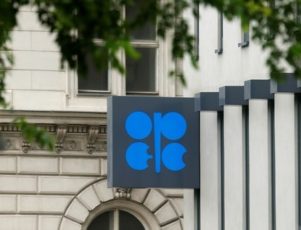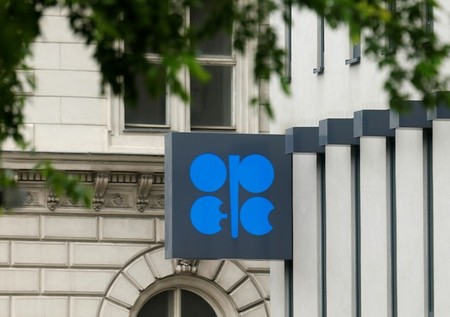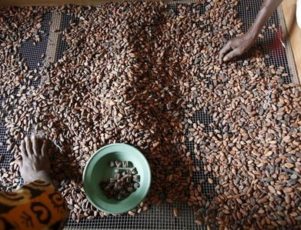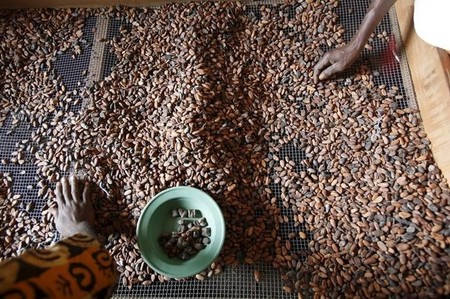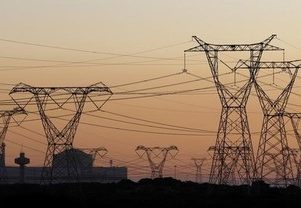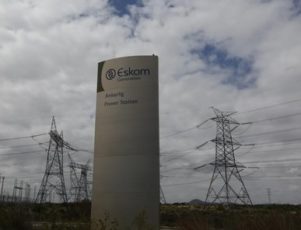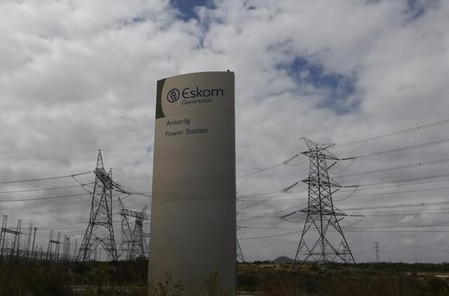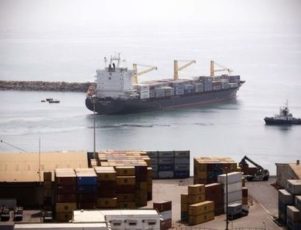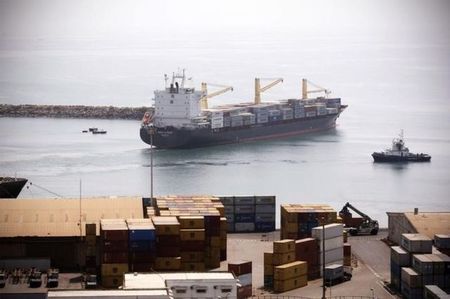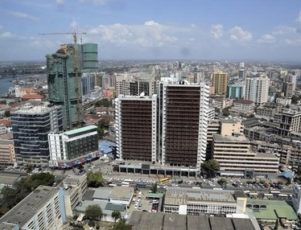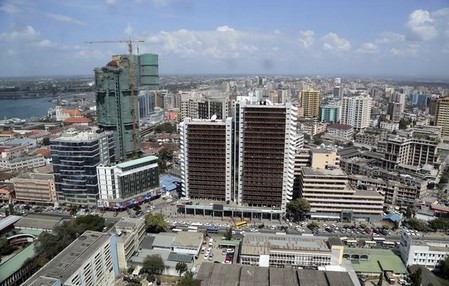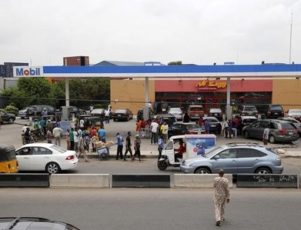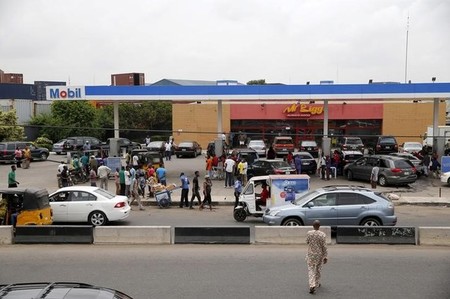By Geert De Clercq
LONDON (Reuters) – A massive nuclear tender in South Africa is open to all bidders prepared to manufacture locally and share technology, and Russia is not the frontrunner, the head of the country’s nuclear agency said.
After meetings between Russian President Vladimir Putin and South African President Jacob Zuma, Rosatom had been considered the leading candidate to build 9.6 gigawatts of nuclear power capacity in South Africa by 2030.
“Russia is not the frontrunner. It never was,” Phumzile Tshelane, CEO of South African nuclear state agency Necsa, told Reuters in an interview on the sidelines of the World Nuclear Association conference.
South Africa wants to deepen its nuclear know-how, save costs and create jobs by making sure it picks a company that is happy to share the manufacturing and maintenance.
Stressing that the tender was an “open race”, Tshelane, a nuclear physicist said: “We do not want a Build, Own, Operate model.”
Russia’s state nuclear company Rosatom has sold several nuclear reactors to developing countries, including Turkey, under the “BOO” model, whereby Russia finances, builds and operates the nuclear plant and sells power to its customer.
In countries with a strong nuclear tradition, Rosatom has also built reactors with a different model that involves more input from local companies.
ECONOMIC BOOTSTRAP
Tshelane said he wants between a third and half of the construction to take place locally, which would also help to keep the cost down.
“If you localise construction, money does not flow out of the country but circulates locally and creates jobs. Nuclear energy must help bootstrap our economy,” he said.
Tshelane said a “Build, Own, Transfer” model could work for South Africa. South Korea’s Kepco has used a similar model to build nuclear plants in Abu Dhabi.
“Ours is almost like the Korean model, where you work together and can have a partnership,” he said.
He said Necsa does not want a “turnkey model” under which a company builds a plant and then hands it over to the operator. This is a model French company Areva has used for its Olkiluoto project in Finland.
Neither does it want to replicate a model that has been used in China, under which the customer acquires intellectual property rights and then builds the plant itself. Areva and Toshiba-owned Westinghouse have signed such deals in China.
The South African government has signed memorandums of understanding about nuclear with Russian, Chinese, South Korean, French and American reactor makers.
All are hopeful of winning the business, estimated by some to be worth up to $100 billion, a boon for an industry still floundering after the Fukushima nuclear disaster.
CRITICISM
South Africa, which has the continent’s only nuclear power station, wants to diversify away from mainly coal-based energy production, a move Zuma says is important for economic growth.
But critics say the government should spend more on renewables such as wind and solar rather than on one of the world’s largest and most expensive nuclear projects. They are watching the tender process – to be launched at the end of the month – carefully to make sure it is transparent.
The meetings between Zuma and Putin over the last two years had led to speculation that Rosatom had secured the deal before the launch of the public tender.
It also fueled criticism from the opposition, some analysts and domestic media, who said that Zuma was trying to use the tender process to secure contracts for business associates in his last two years in office. Zuma has denied that charge.
Tshelane, 54, said it was in any case unlikely that one company would get a contract to build all the reactors.
“Nobody will sign a deal for 9.6 gigawatt,” he said.
He said the first contract would likely be for between one and three plants out of a possible total of 10.
“If we are happy together, we can look at ordering more,” he said.
The existing nuclear power plant – run by domestic utility Eskom – generates five percent of the country’s power and uses two 1980s French-built Pressurised Water Reactors, the most common type of reactor. Tshelane said South Africa wants to stick with the PWR technology with which it familiar.
He said it was also important that the company building the power station had an existing plant of the same nature that can be used as a reference point.
Asked whether that meant South Africa would rule out France’s Areva – which has four European Pressurized Reactors (EPR) under construction but no operating ones yet – he said it would need to be working by the time the South African reactors are built.
NUCLEAR FUEL
Tshelane said that South Africa, which has large uranium reserves, also wants to build its own nuclear fuel manufacturing cycle but has no plans to start up the high-tech and politically-sensitive uranium enrichment process.
“Enrichment is embroiled in geopolitics,” Tshelane said. He said South Africa does not completely rule out enriching its own uranium eventually but is unlikely to do so in the next decade.
South Africa currently produces uranium as a byproduct of gold mining – but not enough to supply the new nuclear plants.
“Necsa wants to own a uranium mine in South Africa. We want to control our uranium resources from cradle to grave,” he said.
South Africa also wants to convert its own yellowcake milled uranium ore into uranium hexafluoride that is ready for enrichment and make its own nuclear fuel using uranium enriched abroad.
Tshelane said that a contract for a new research reactor would be part of the tender procedure. South Africa’s 50-year old 20 MW research reactor is used to produce radio isotopes for medical purposes.
He said a new research reactor would be crucial for the development of South Africa’s nuclear industry, both for producing nuclear fuel and for testing nuclear equipment.
(Editing by Ed Cropley and Anna Willard)
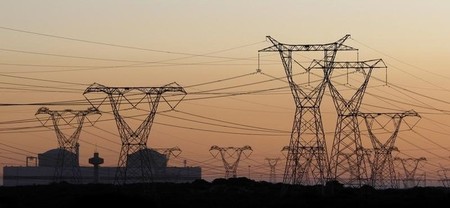
Read more

